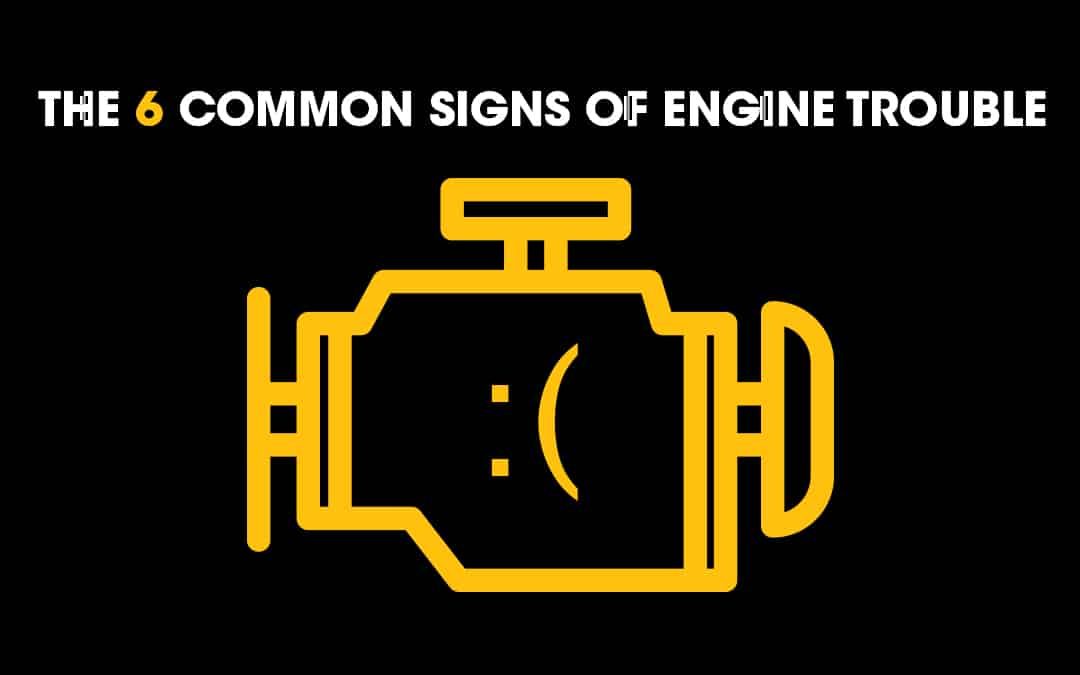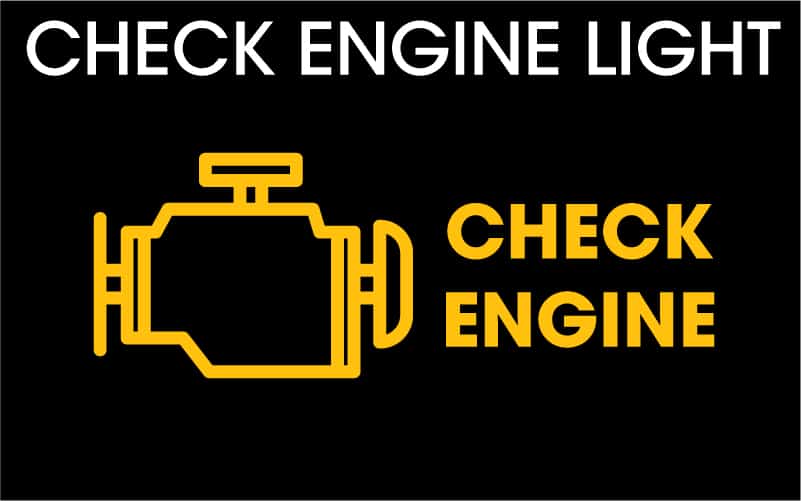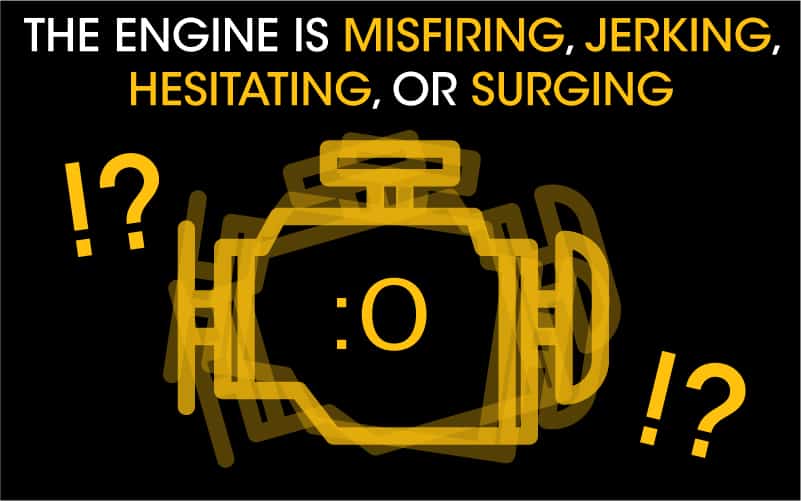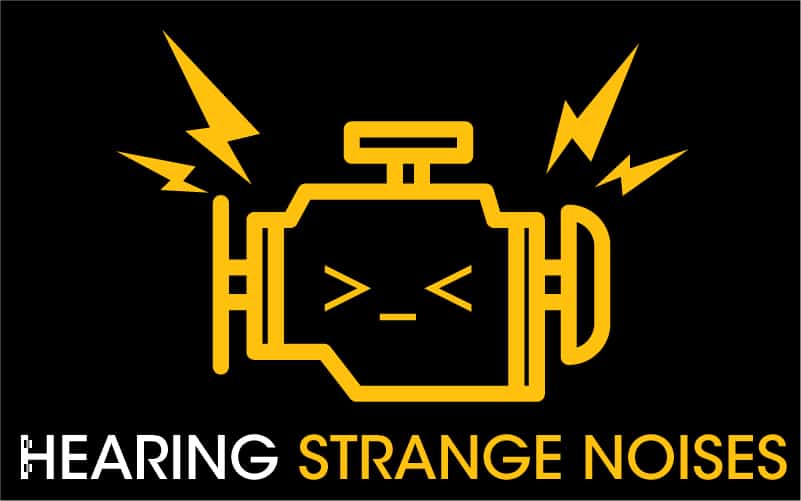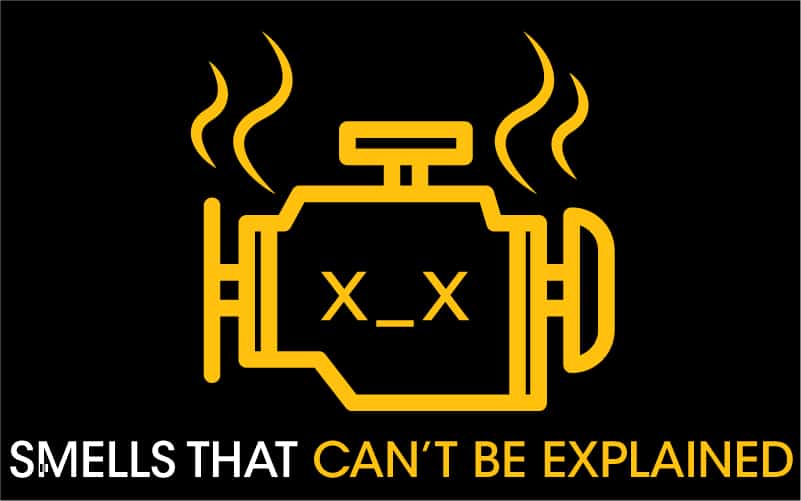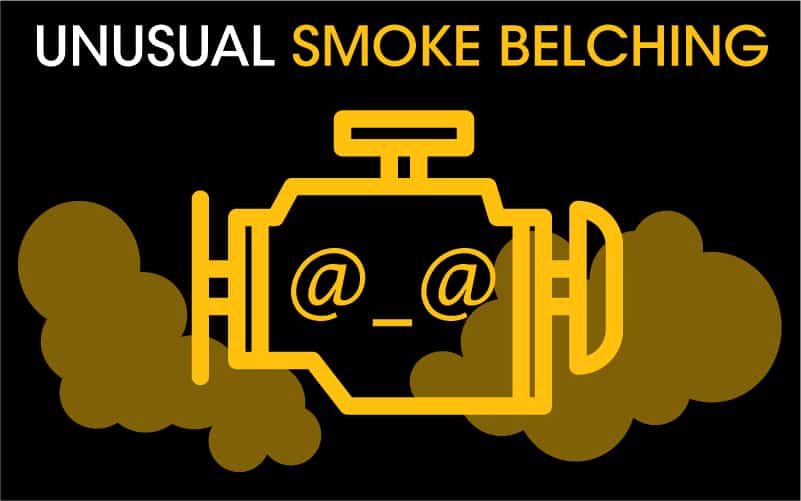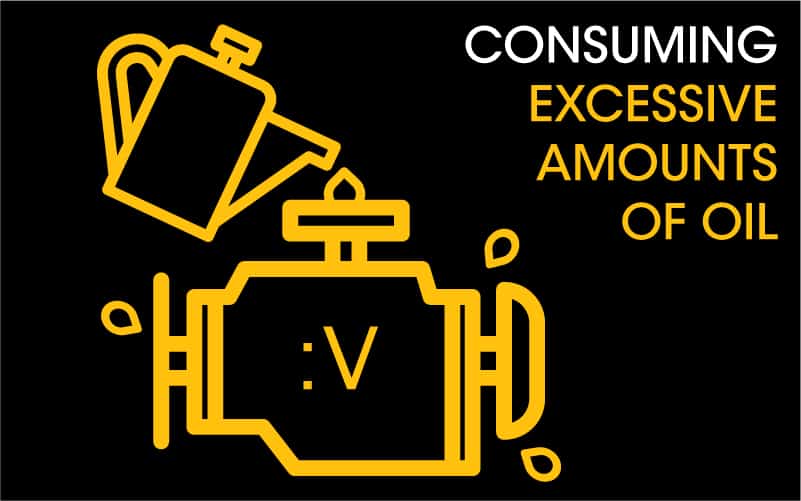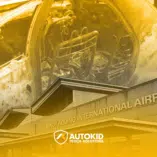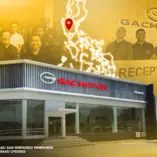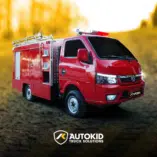While owning a commercial vehicle, whether or not it’s an upstanding truck from Howo in the Philippines, vehicle ownership can still come with a price. A vehicle is not exactly a cheap investment. Like most car or truck owners, you should do your best to keep your vehicle running safely and in great condition so you can maximize the money you paid for.
In an ideal world, simply maintaining and keeping your vehicle in great condition will keep it running smoothly. Unfortunately, there are external forces that can affect your car or truck engine in addition to normal wear and tear taking its toll.
How do you spot the early symptoms of engine malfunction early so you can address them before any complications happen? Read on and find out the # common signs of engine trouble so you too can learn to recognize them:
In need of truck parts?
VISIT OUR ONLINE STORE!
Finding truck parts just got simpler! Truckstop is our comprehensive truck parts and accessories center. We provide brand new and original spare truck parts for Dongfeng, Foton, Howo, Isuzu, Fuso, Hino, and many more!
Engine Light Indicator
Cars and trucks nowadays are equipped with an engine control unit or ECU. This serves as the primary computer for most of the drivability and performance functions of the vehicle’s engine. The ECU uses information from the engine’s sensors to calculate and fine-tune the engine spark and fuel for efficient engine power.
The ECU controls many functions of the car or truck so any problems with can be a sign of potential engine trouble. When the computer detects a problem with any of the sensors, the check engine light comes on. It is best to investigate what caused this as soon as possible because it could mean a lot of things, from something as simple as forgetting to screw on your gas cap correctly, to serious issues with the pistons in the engine.
Engine Behavior
If your engine is in good condition, driving your Howo truck in the Philippines should be smooth and free from stalling, surging, or jerking. A misfire or surge from your vehicle could be a sign that your engine is running too hot.
Your vehicle may be experiencing problems that can affect your engine if, for example, you press on your gas pedal and the engine does not respond immediately. This may be caused by clogged fuel lines, dirty air filter, fouled spark plugs, ignition problems, or maybe even the main computer is reading your driving situation wrong.
You should also watch out for idle revving while idle or sudden acceleration as these situations falls under this category. If you notice any of these symptoms in your car or truck, it would be best to bring it to a reputable repair shop so they can address the problem.
Strange Sounds
Popping or tapping noises are probably the last thing you would want to hear when driving your car. Hearing these noises could mean that fuel is prematurely igniting in the combustion chamber of the cylinders. This could lead to expensive piston damage if not detected and corrected early.
You should also keep an ear out for grinding noises. When you start your Howo truck, grinding noises might mean that there are problems with your starter motor and it might need to be adjusted or replaced. On the other hand, grinding sounds while shifting gears can indicate a problem with the transmission.
It is a good habit to listen to your car every time you take it for a drive. Tone down the stereo and find out what your vehicle is trying to tell you and catch these important signs of engine trouble.
Unfamiliar Smells
If any automotive smells make it to the interior of your car or truck, you might be in trouble. Unexplained smells might mean that there is a coolant or oil leak from a normally closed loop system.
Exhaust smells are not just alarming, they can also potentially be fatal because of carbon monoxide poisoning. If this happens to you, roll your windows down and bring your vehicle to a qualified repair shop as soon as possible.
The smell of burning rubber can indicate damaged or worn accessory or drive belts. It could also mean that a rubber hose carrying important fluids such as brake fluid or coolants has been moved out of place and is in contact with something hot and is melting.
A good rule of thumb to follow with these smells is to take care of them sooner rather than later. These are usually indicators of something more serious and could cause potentially expensive problems when ignored.
Smoke Belching
Any form of smoke belching is not good. Here are a few kinds of smoke to look out for and what may have caused them:
- Smoke from the hood
This can mean your engine is overheating.
- White smoke
White smoke from the tailpipe can mean antifreeze or water condensation is mixing with the fuel supply. Have this problem checked out immediately in order to prevent overheating.
- Blue smoke
This is an indication of an oil leak. Oil is escaping from the common passageways inside the engine and is being burned along with the fuel. You should have your car taken in a shop and have the worn or damaged oil seals repaired.
Excessive Oil Consumption
Your car or truck may be consuming oil excessively if you keep needing to top off the oil every time you check the levels. This could indicate a more serious problem if you can’t find the place where oil is leaking from.
Excessive oil consumption can be caused by worn out gaskets, the need to replace the head gasket, or worn out piston rings.
Being aware of these symptoms listed is can be your best chance of fighting these problems by doing preventive maintenance. Regularly changing your oil and replacing the belts of your car or truck at intervals recommended by your manual can go a long way in keeping your engine running in great condition.
Key Takeaway
Early intervention is important against unexpected engine-related expenses. Running into engine trouble, aside from being a drain on your wallet, can also be a big headache.
The components of your car or truck engine all work together so if one component is not working properly, it will affect the other parts of the engine. When it comes to these signs, address them as soon as you detect them and prevent more serious problems from happening in the future.

